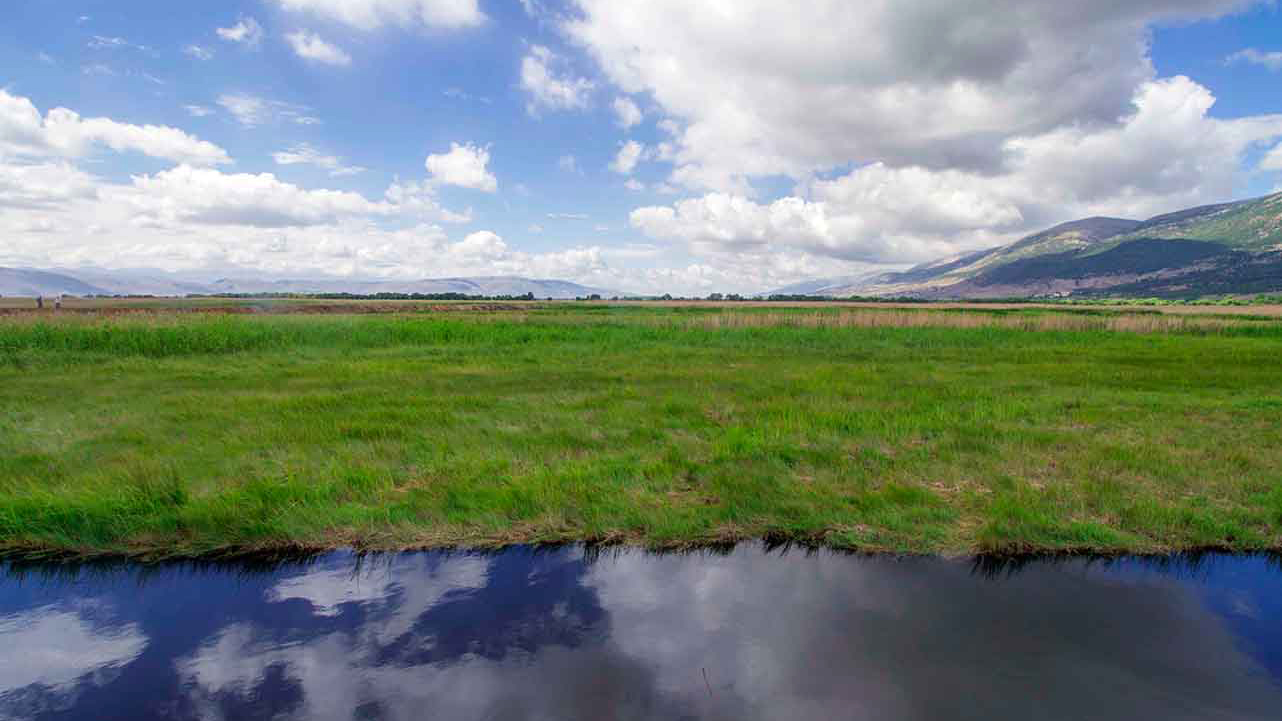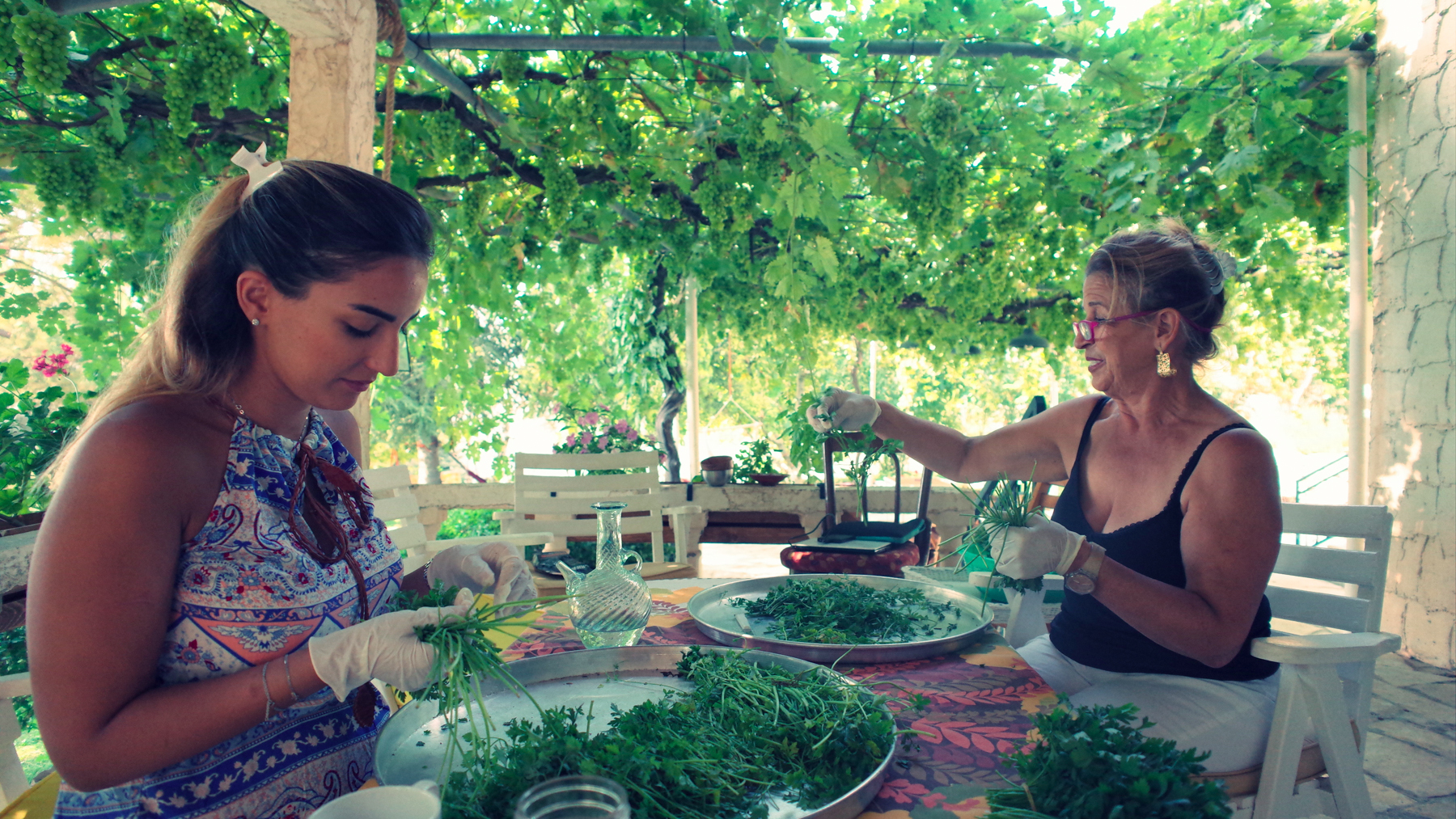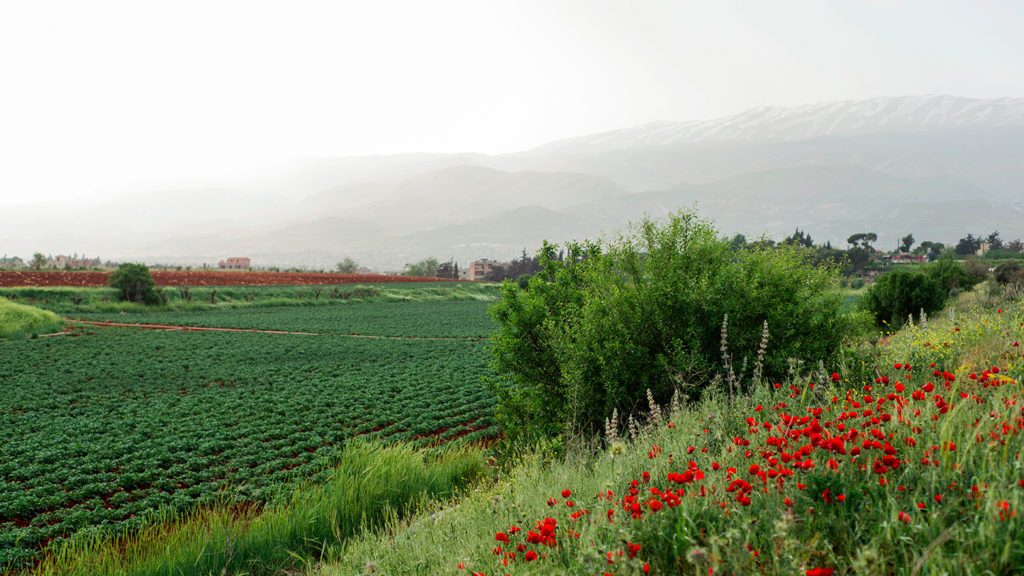Agritourism is an invitation for conscious tourists to reconnect with the land, rediscover their roots, and plant the seeds of genuine friendship and camaraderie with the local communities they ultimately become a part of.
The tradition of visiting the family home in the mountains or the coastal village is embedded in Lebanese culture and national imaginary. The thrill of driving away from the dense, concrete jungle to the quiet embrace of natural surroundings, quiet retreats, and grandma’s home-cooked meals is a deeply personal and intimate tradition. What was once a ritual shared by individual families has now become an experience that connects individuals and communities across the country.
Agritourism is a broad term that encompasses several practices. On the most basic level, it involves exploring rural spaces outside the confines of urban areas’ hustle and bustle through activities that engage with the local environment. Hiking, fruit and vegetable picking, and enjoying freshly-prepared, local dishes are but a few pursuits that fall under agritourism’s welcoming umbrella. On a deeper level, rural tourism is a holistic experience that connects mind, body, and soul.
In a fast-paced world, we often find ourselves seeking more grounded experiences that allow us to re-connect with our roots, in both the material and metaphorical senses. As Lebanese shores are increasingly at the risk of privatization and heritage homes at the risk of demolition, locals and tourists alike find themselves searching for authentic experiences that counter the threat of urban disappearance and recall Lebanese summers at the family village home; ones that remain tangible, accessible, and rooted in the country’s traditions.

To walk down the less trodden path and choose agro—or rural—tourism is more than a sentimental act; it is one with real economic benefits to the communities in question. Last year, Lebanese apple farmers staged protests to raise awareness about the difficulties they faced in exporting their harvest, as well as the overall insecurity of farming as an occupation in today’s world. Their grievances are not theirs alone—other farmers, local artisans, and craftsmen face the threat of disappearing trades and economic insecurity. Thus, to choose locations that engage with local communities—particularly those vulnerable to the ebbs and flows of the market and a lack of regulation—is a sustainable step toward keeping them alive.
Agritourism engages both the visitor and the local community on multiple fronts. First, it helps break down the imagined barriers that exist between both, forming social linkages that can eventually make way for friendship and powerful bonds. Second, it supports small and micro-enterprises within the rural communities; the barber who’s been running his shop for years, a well-known craftsman, or the go-to, local guide—the women and men who make up the cultural and urban fabric of the community are given the economic and social opportunity to make others feel at home. Third, agritourism can be a step toward fostering an eco-friendly consciousness in Lebanon. Environmental care and protection require a collective effort: as more travellers and guests opt for simpler and more nature-friendly travel choices, local communities will be encouraged to provide authentic and quality options for them to choose from, creating a mutually beneficial circle that quite literally nourishes the land.
Hiking, fruit and vegetable picking, and enjoying freshly-prepared, local dishes are but a few pursuits that fall under agritourism’s welcoming umbrella.
This may seem like an overly optimistic initiative; however, the growing demand for alternative, sustainable, and nature-based experiences is the greatest testament to its potential power. Guesthouses like Al Haush, Beit Ammiq, and Guita give visitors an authentic, local experience that is unforgettable. From hiking in the nearby nature to picking fresh fruits from the surrounding orchards to preparing and/or tasting local dishes that are unique to their respective villages, all three locations are truly homes away from home that will bring back childhood memories and create new ones with families and friends.

Despite the many difficulties that the Lebanese economy at large and local communities more specifically face, there is a silver lining in agritourism—a practice that may be an answer to current ecological problems and a preventative measure against ones to come. In its sentimentality and its practicality, agritourism is the ideal mélange for the adventurous-yet-conscious spirit, urging him/her to step outside the confines of the familiar and visit previously undiscovered locations, or ones buried by pre-conceived perceptions. Thus, this is a call to return to tradition, to take a ‘shammet hawa’ (a breath of fresh air) and visit the Bekaa Valley, Aqoura, or Ammiq, and immerse yourself in the nature and communities that make our Lebanon an expansive and colourful Family.

